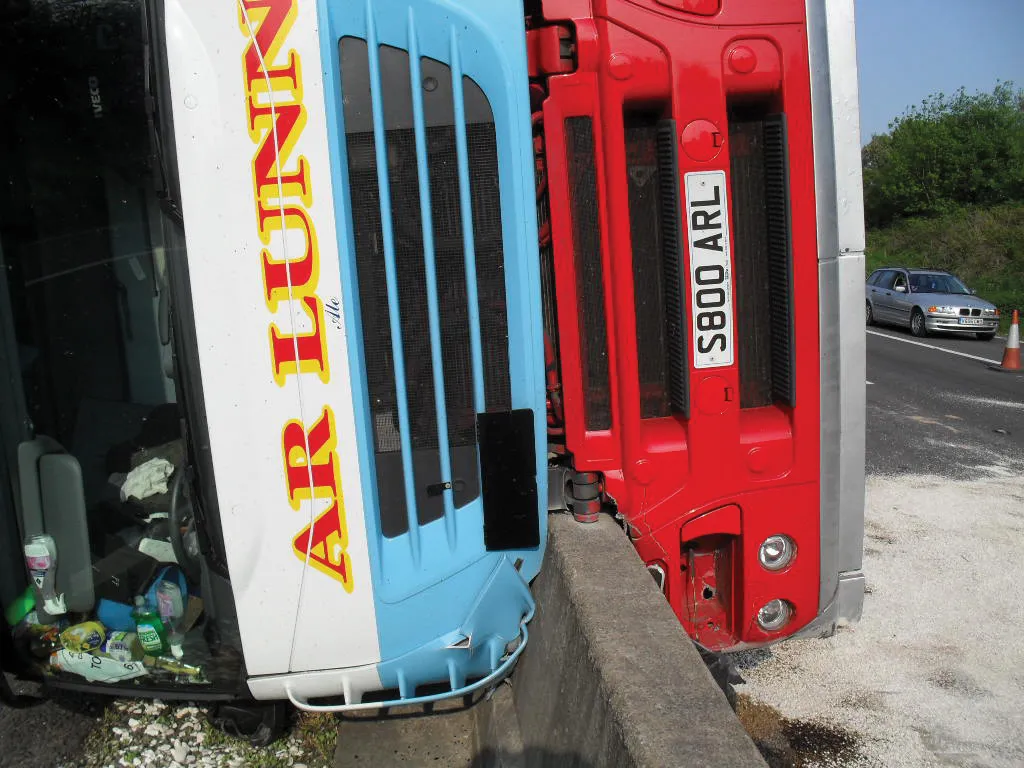
The
Fred Wegman, chairman of IRTAD said, “We will need the benefit of hindsight to assess whether the increase in the numbers killed in some countries in 2011 is a re-adjustment after very large reductions in the last few years or whether the downward trend has reached a plateau requiring additional policies being implemented to lead to further reductions.”
Notwithstanding the mixed performance in 2011, several countries recorded a more pronounced reduction in the number of fatalities over the last three to four years than during the preceding 15 years. Among these are the United States, Hungary, Ireland and Denmark. It is possible that the financial and economic crisis that hit a part of the world recently has had a positive impact on road safety statistics through a variety of effects: a decrease in mobility, less goods transport by heavy vehicle traffic, fewer inexperienced high-risk drivers on the roads or a reduction in leisure driving. However, it has not been possible to quantify the impact of an economic downturn on road safety and a scientifically satisfactory explanation of this phenomenon is lacking. IRTAD plans to further research this relationship.
Severe winter conditions in many European countries at the end of 2010 and beginning of 2011 may also have impacted road safety statistics and this will be researched as well by IRTAD. Véronique Feypell, road-safety expert at the International Transport Forum and IRTAD co-ordinator, noted that, above all, “most countries now have in place well defined and targeted road safety measures, which have borne fruit over the last few years. We see the very complex issue of explaining trends in road casualties as a key area for cooperation in the IRTAD Group. We are also working on better understanding trends in serious traffic injuries, which in the past have received relatively little attention. IRTAD is working on getting countries to agree on a common definition that captures the full extent of the problem and has recently published guidance on reconciling police and hospital records to get an accurate estimate.”
The International Transport Forum will also release this year important research pieces on pedestrian safety, cyclist safety and the effectiveness of road safety measures which will be an important contribution to safety policy.






